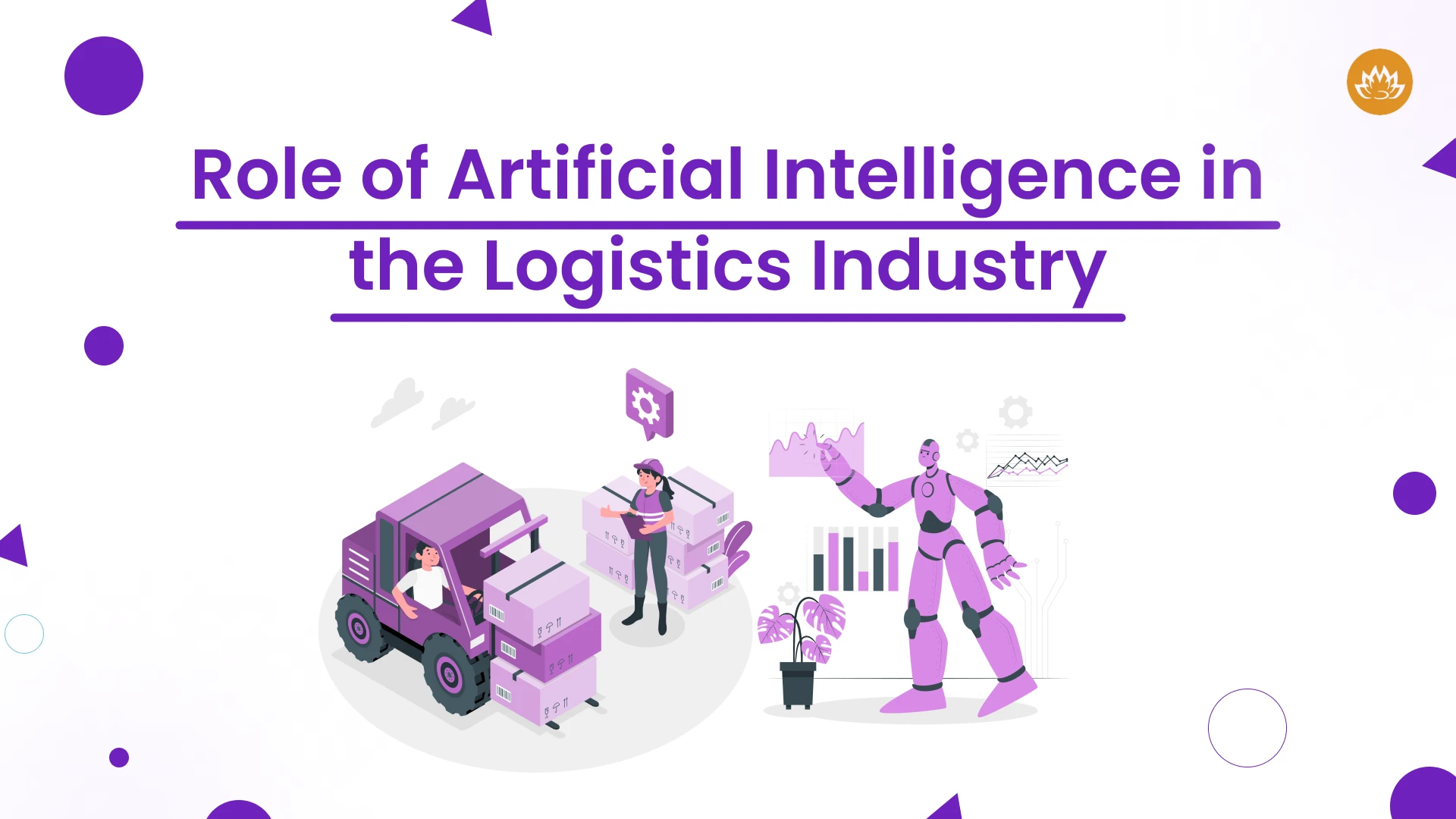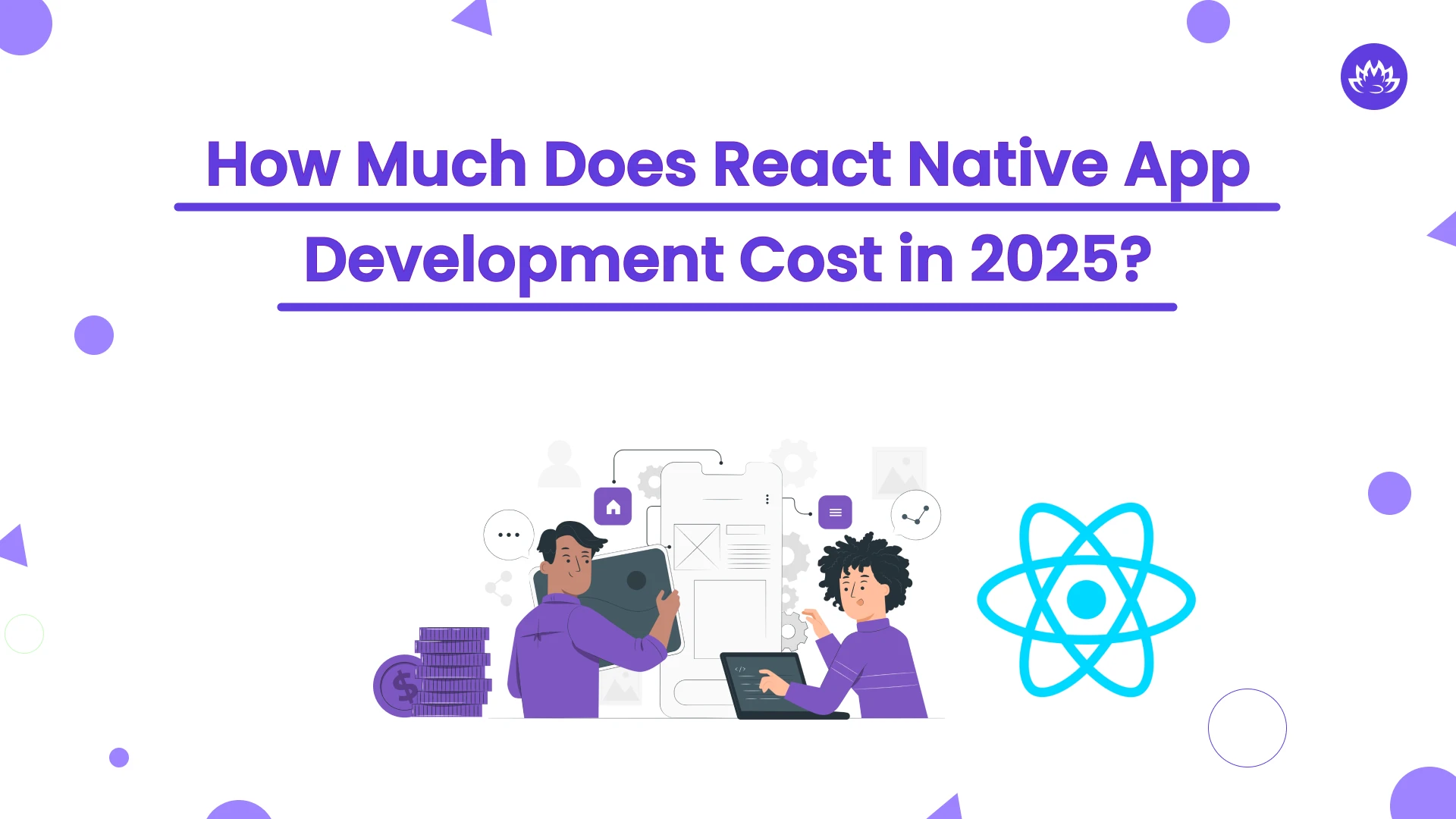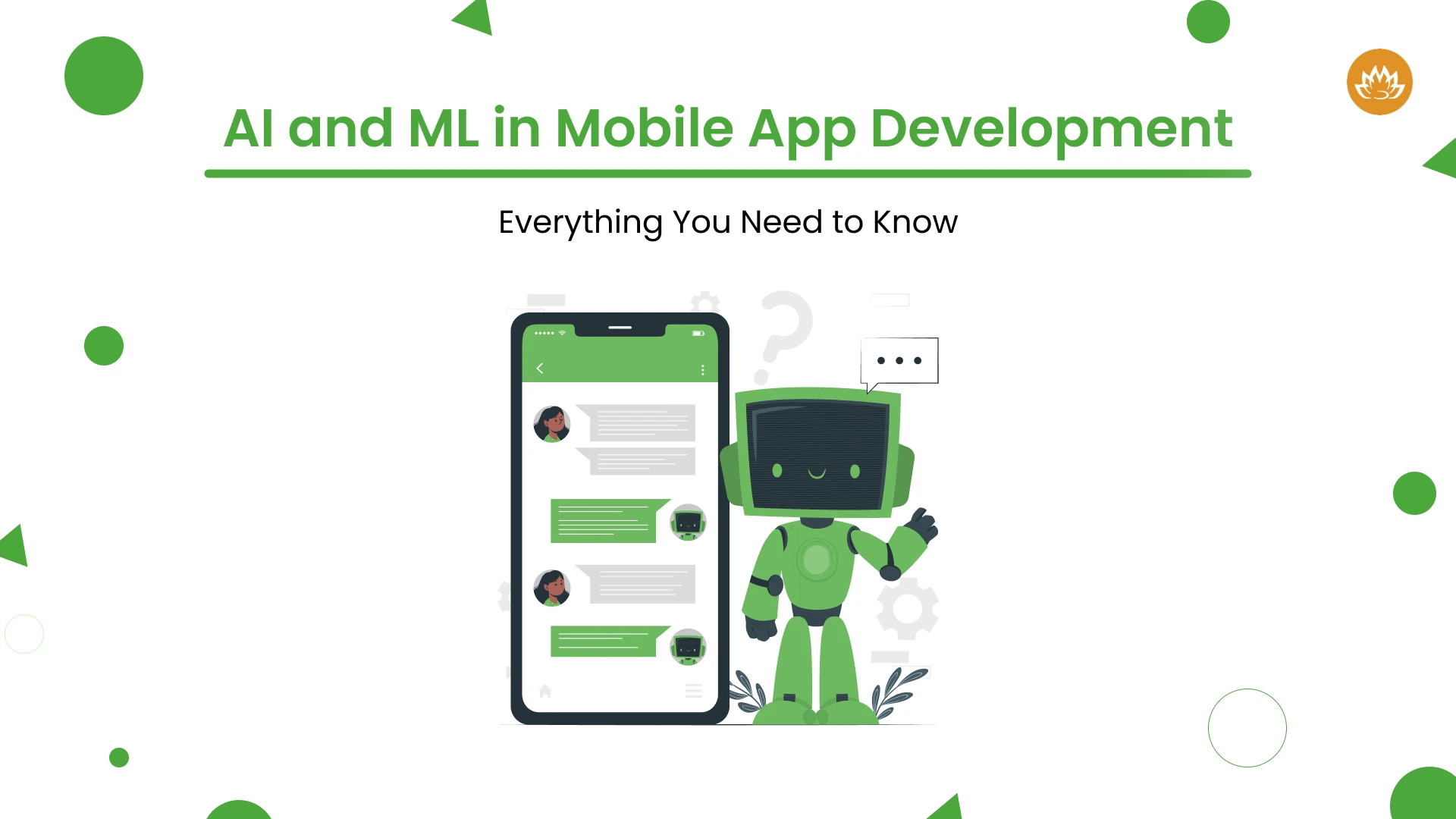How does AI Impact the logistics industry, and how does it regulate supply chain management?

Computer Vision
Predictive Analysis
Big Data
Autonomous Vehicles
Robotics
Automated Warehouses
Shipping Process Optimization
AI in transportation and logistics has optimized shipping routes through powerful tracking and forecasting. As an owner of an enterprise, you can track the fastest shipping routes through AI predictive analytics and by using graph theory. If you are a logistics company serving several clients, you can discover cost-effective shipping routes and reach out to the maximum client base. Using robust AI-driven software systems, you can forecast traffic patterns and avoid busy hours. This will help you effective revenues.
Inventory Management
When you develop a logistics app for inventory management powered by AI, you will get enough time to sell goods and let the application manage your storage. You can also make sure your supply is well-maintained. Through effective algorithms, you can analyze big data, find out client preferences, and identify products that are in demand. Imagine how great it seems to be at a place where your business can get ready in advance and keep the stock ready instead of waiting for the future. That is the power of AI-driven application systems.
Managing Staff
Utilizing a robust logistics app to manage your workforce will help you minimize administrative intervention. AI systems will handle the job of managing your workforce and conduct several activities efficiently like employee recruitment, training, day-to-day monitoring, performance review, and discovering individual strengths and weaknesses. Moreover, AI-driven mobile applications can also assist you in managing your day-to-day operations on the floor and assigning effective work assignments that can boost employee morale.
Benefits of Using AI in the Logistics Industry

Data Quality Enrichment
Ensures Safety
Through automated technologies, you can ensure the safety of workers and inventory. Manufacturers will get alerts of potential dangers leading to quick responses and finding effective ways to maintain safety and compliance in the warehouse.
On-time Delivery
AI-driven systems can reduce reliance on manual efforts leading to faster and safer processes. Companies can easily meet the customer requirements through on-time delivery. Nowadays, traditional warehouses are adopting automated technologies reducing human efforts and ensuring timeless deliveries.
Reduces Operational Costs
The entire supply chain will benefit from reduced operational costs through automated intelligent processes. This also leads to operations having less than 1% errors and a lesser number of workplace incidents.
Transportation Forecasts Made Easy
Business leaders can forecast transportation with AI and ML algorithms and address future shipping capacity needs. They can also forecast price fluctuations in present logistics market and predict scope of business in the future.
Conclusion
FAQs
Author
-

Kirtan is CEO of Whitelotus Corporation, an emerging tech agency aimed to empower startups and enterprises around the world by its digital software solutions such as mobile and web applications. As a CEO, he plays key role in business development by bringing innovation through latest technical service offering, creating various strategic partnerships, and help build company's global reputation by delivering excellence to customers.
View all posts












